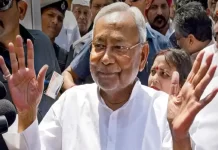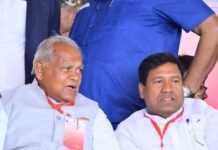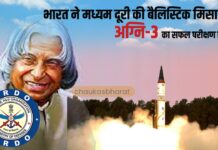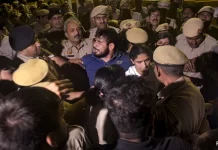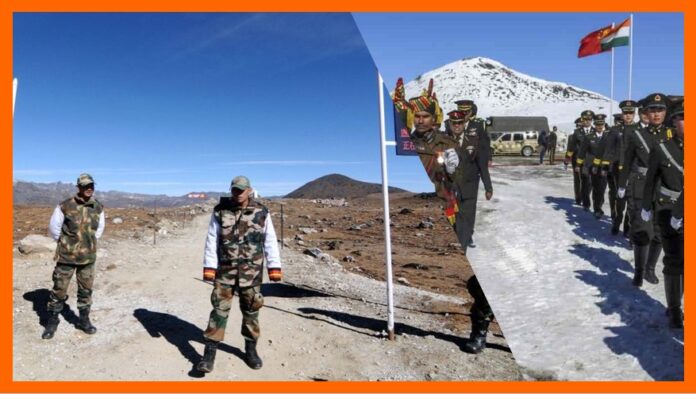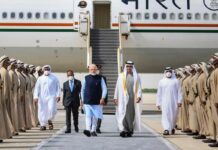India-China ties have been “altogether harmed” and are going through their most troublesome stage ever in view of Beijing’s infringement of concurrences on keeping up harmony and peacefulness on the Line of Actual Control (LAC), outer issues serve S Jaishankar said on Wednesday.
The Chinese side has given “five contrasting clarifications” for abusing the arrangements by carrying a huge number of fighters to the LAC in Ladakh area, an improvement that has “significantly upset” the relationship, he said in an online discussion with the Australian research organization Lowy Institute.
With the India-China fringe deadlock in its eighth month, Jaishankar clarified that broad contacts between the different sides at various levels had so far neglected to address the essential issue that “arrangements are not being noticed”.
“We are today presumably at the most troublesome period of our relationship with China, unquestionably in the last 30 to 40 years…or significantly more,” he stated, noticing that the 20 Indian officers killed in the conflict at Galwan Valley in June were the principal military losses on the LAC since 1975.
The relationship has been “fundamentally harmed” on the grounds that all certain advancements in reciprocal ties in the course of recent years, including China turning into India’s second biggest exchange accomplice and commitment the travel industry and travel, depended on that reality that the different sides had consented to keep up harmony and serenity in outskirt territories while attempting to unravel the limit question, Jaishankar said.
Highlighting different arrangements since 1993 that submitted the two players not to carry enormous powers to the LAC, he stated, “Presently for reasons unknown, for which the Chinese need to date given us five contrasting clarifications, the Chinese have abused it.
“The Chinese have in a real sense acquired huge number of officers full military planning mode right to the LAC in Ladakh. Normally the relationship would be significantly upset by this.”
While there were contentions and face-offs between troops before, there had never been a significant break of comprehension, he said. With the officers of the different sides near one another this year, it was “not totally amazing that something turned out badly”, he included a reference to the Galwan Valley conflict that brought about 20 Indian losses and “totally changed public assessment”.
Getting the relationship in the groove again is currently a “exceptionally huge issue”, however correspondences between the different sides weren’t an issue, Jaishankar said. He said he had by and by spoken on telephone with his Chinese partner Wang Yi and met in uninvolved of a Shanghai Cooperation Organization meeting in Moscow, while there were likewise gatherings and contacts between the guard clergymen, military leaders and negotiators.
“Correspondence isn’t the issue, the issue is the way that we have arrangements and those arrangements are not being noticed,” he added.














